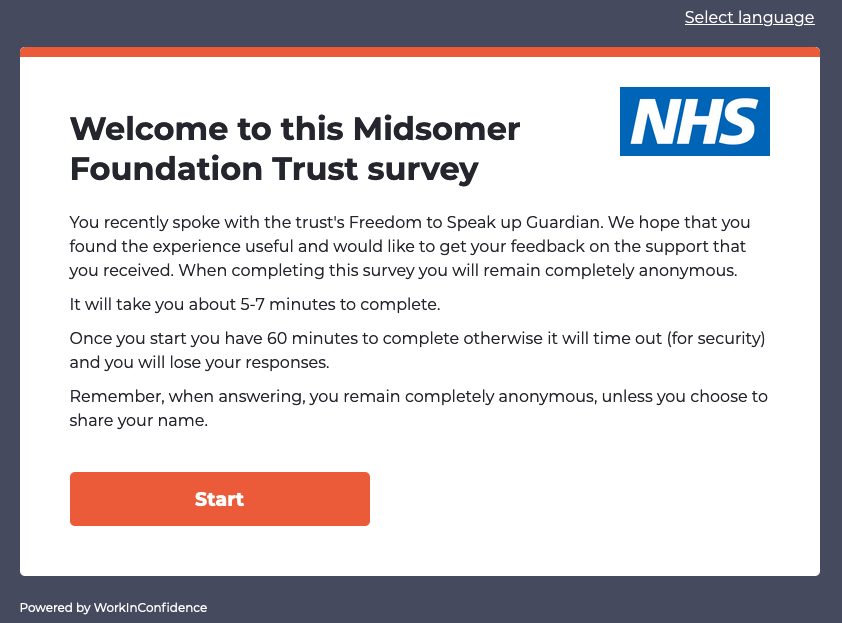Imagine you are in receipt of a message raising a workplace issue, be it a suggestion for improvement or perhaps more seriously a report of a personal nature such as harassment, or a grievance. Your actions potentially shape how the organisation’s responsiveness is judged/perceived, and demonstrate the standard to which it holds itself – now and in the future.
Staff need to feel like they are empowered, valued – and that their feedback and challenges are important to the organisation. So when you receive such a message, how do you respond in a way that maintains trust and integrity?
The response needs to be sincere.
The matter raised needs to be handled sensitively and empathetically, in a manner that demonstrates positive and compassionate leadership of respected human beings. This is akin to a duty of care. And don’t forget to express thanks to your correspondent for bringing the matter to you.
The response needs to be issued with due consideration.
This means acknowledging the issue whilst neither underplaying nor overcommitting. Whilst conveying respect, support and/or sympathy as appropriate, your response must reflect the fact of being an initial response. At this stage it may be the first you’ve heard of the issue, so before an attempt to verify/confirm the facts, this is neither a time to condemn people or systems, nor to concede liability, but instead to state your commitment to further investigation.
Expectations should be set as to what next steps will be taken and if possible a likely timescale. This reinforces their confidence of having done a positive and worthwhile thing in contacting you.
The response needs to be timely.
By ‘timely’ we mean swift – within reason. So far as ensuring sincerity and due consideration permit, you should seek to issue a response, or at least an acknowledgement as soon as is feasible. This sends a clear signal that the matter raised has been heard and will be taken seriously.
Summary
To conclude: it can sometimes be a very significant personal decision to offer unsolicited feedback in the workplace or to flag up a problem. Staff can be nervous about trusting whatever the established process is, especially if they have had a bad experience in the past. When responding, if you just remember sincerity, due consideration and timeliness, you shouldn’t go far wrong.
Need more help? If you'd like help or support on any feature of WorkInConfidence then please get in touch by either creating a new support ticket, sending an email to support@workinconfidence.com or using the chat function in the bottom right of the page.





